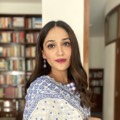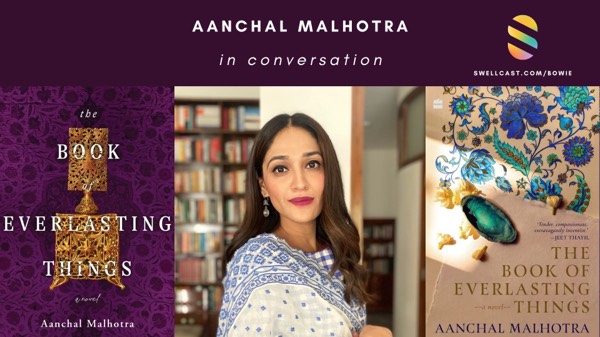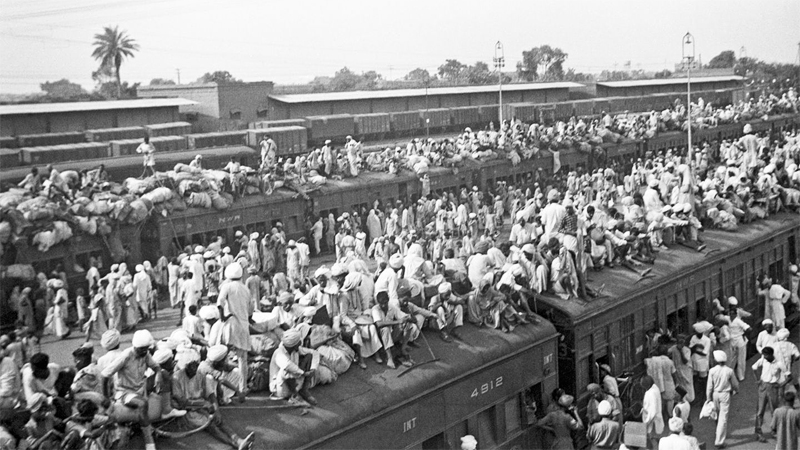
Bowie Rowan
@bowie · 0:57
The Book of Everlasting Things | In conversation with oral historian and author Aanchal Malhotra
Anchor's work brings people together from across the world, like the best art often does. In that spirit of crosscultural exchange, ramya and I will be hosting this conversation together here on Swell, not only about Anchor's beautiful debut novel, the Book of Everlasting Things, but also about her work as a historian and an artist. Anchel, thank you so much for being here with us on Swell

Bowie Rowan
@bowie · 1:21
Why was I drawn to the idea of fiction? What were the limitations of nonfiction, if any, that I felt could be fulfilled by fiction? What happens to language when it moves from nonfiction to fiction? These were the questions I was asking as I continued to write nonfiction, but began drafting a skeleton of what would become the Book of Everlasting things. I love these questions you were asking yourself so much

Bowie Rowan
@bowie · 0:34
Or do you have any advice based on your own experience at this point in your creative process that you would like to share with others who have stories they want to share with the world?

Aanchal Malhotra
@Aanchal_m · 0:07
Thank you so much for that very generous and thoughtful introduction. I'm really looking forward to our conversation today

Aanchal Malhotra
@Aanchal_m · 4:52
In my novel, there are scenes that bring together imaginary and real landscapes from history that could have only been written as fiction. So I think in some way, yes, language changes when you change mediums. Intention changes as well. I think this is what I'm most careful about when I'm writing any piece. What is the intention, the piece? What is it meant? Who is it for? What is its job in the world?

Aanchal Malhotra
@Aanchal_m · 2:09
The mother tongue will always remain imprinted upon us, placing paper and pen in front of him. Then she gestured with her eyes. Let's see. He was hesitant at first as images of Fiddos, the studio, his old columns, the suti ink, Vizir Khan mosque all flooded into his mind and he observed the pen as if he were almost unsure of how to place the NIB on the page

Aanchal Malhotra
@Aanchal_m · 2:13
So I think one piece of advice is to keep in mind the process of unlearning that will inevitably happen if you are working with people or if you are writing beyond your own experience. The second piece of advice I have sort of fostered for myself over the years is to write for the future. To write for what future generations may I don't know. I suppose to write what future generations would want to know about us and our ancestry and our evolution and the way we think and the way we love
Thank you so much for your thoughtful answers, Aanchal. I'm sure you would agree that the wounds of partition run deep in the psyche of Indians and Pakistanis in India. By and large, even the survivors who suffered partitions worst effects speak little about it. So little that the next generation barely knows what had befallen their families, except for the established narrative that partition was inevitable because of irreconcilable differences between the communities involved
I think I'll leave you with one final question, Aanchal..Oral history is also known as the first kind of history with memories and personal experiences at the core. Given your impressive body of work in this area, why do you think it is important to preserve oral history collections? To collect privately held ones and make them accessible for wider audience

Aanchal Malhotra
@Aanchal_m · 4:11
I think it takes so much from you to not be emotionally wound up and do justice to the event and to all the people involved. More often than not, the initial discovery of family history of Partition leads to more questions among subsequent generations when they realize that this is not story, this is actual history, this is ancestry, it is inheritance, it is bequeathment. There is curiosity and confusion as to how it happened

Aanchal Malhotra
@Aanchal_m · 4:35
But this question when I first started out, and I feel like many of us encounter this question when we do this work, is what will these stories do? What will these memories do? How do you know if someone is telling you the truth, the veracity of your testimony? Because these are not written archives somewhere. These are not found in museums and in official narratives. These are just people's memories. What will they do?


